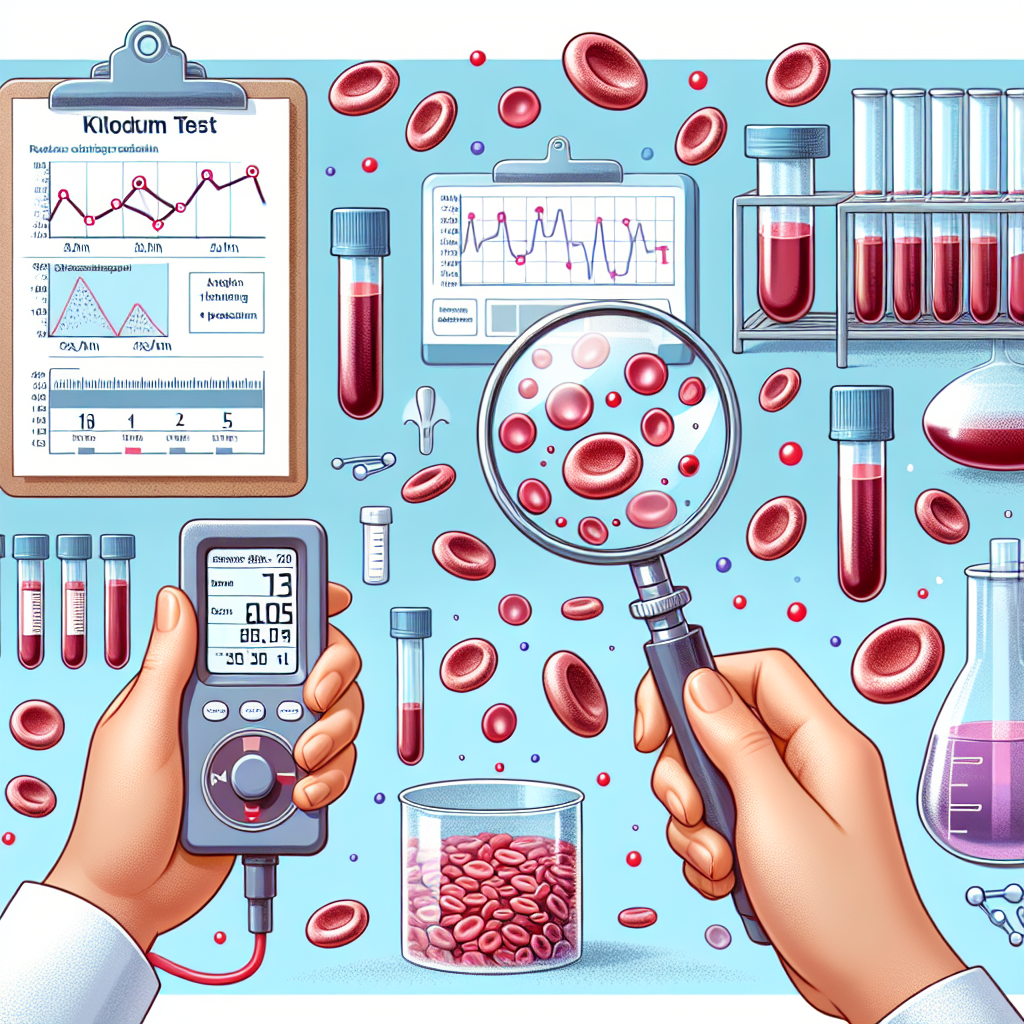Potassium is an essential mineral and electrolyte that plays a vital role in maintaining heart health. It’s involved in various bodily functions, including regulation of heart rhythm, muscle contractions, and nerve signals. A well-balanced potassium level is critical for optimal cardiovascular function and overall well-being. This article delves into the significance of potassium in heart health, the consequences of potassium imbalance, and practical guidance on managing potassium intake for a healthy heart.
Potassium and Cardiovascular Health
The heart is an electromechanical organ, and potassium is a key player in its electrical activity. It helps to maintain the proper functioning of the heart muscle by regulating its electrical impulses, which in turn govern the heartbeat. Adequate potassium levels ensure that the heart beats regularly and efficiently.
Regulation of Blood Pressure
Potassium has a notable effect on blood pressure, which is a significant risk factor for heart disease and stroke. It aids in relaxing blood vessel walls, which can help lower blood pressure. Moreover, potassium works in opposition to sodium, helping to counterbalance its effects on blood pressure and fluid retention.
For more information on cardiovascular health, visit Cardiovascular Health.
Prevention of Arrhythmias
Arrhythmias, or irregular heartbeats, can be a serious condition leading to complications such as heart failure or stroke. Potassium helps to stabilize the heart’s rhythm, preventing arrhythmias and their associated risks.
Muscle Function and Heart Contractility
As an electrolyte, potassium is crucial for muscle function, including the heart muscle. It enables the muscle cells to contract and relax efficiently, which is essential for pumping blood throughout the body.
Risks of Potassium Imbalance
Both a deficiency and an excess of potassium can lead to serious health issues, particularly concerning the heart.
Hypokalemia
Low potassium levels, or hypokalemia, can cause weakness, fatigue, muscle cramps, and in severe cases, life-threatening heart arrhythmias. Causes of hypokalemia include chronic kidney disease, excessive sweating, diarrhea, and the use of certain diuretics.
Hyperkalemia
Conversely, high potassium levels, or hyperkalemia, can also be dangerous, potentially leading to heart palpitations, shortness of breath, and in extreme cases, cardiac arrest. Hyperkalemia can result from kidney failure, certain medications, and overconsumption of potassium supplements.
How to Manage Potassium Intake
Maintaining a balanced diet is key to managing potassium levels. Foods rich in potassium include bananas, oranges, spinach, sweet potatoes, and avocados. It’s important to consume a variety of these foods to meet the recommended dietary intake of potassium.
Dietary Recommendations
The American Heart Association recommends an intake of 4,700 milligrams of potassium per day for adults. Most people can achieve this through diet alone, without the need for supplements.
When to Consider Supplements
Potassium supplements may be necessary for individuals with certain medical conditions or those taking medications that deplete potassium levels. However, supplements should only be taken under medical supervision because of the risks associated with potassium imbalance.
For those interested in the role of nutrition in heart health, the article on Essential Vitamins for Optimal Cardiovascular Health can provide further insights.
Monitoring Potassium Levels
Regular monitoring of potassium levels is crucial, especially for individuals with kidney disease or heart conditions. Blood tests can help track levels and guide dietary and medical management.
Potassium in the Context of Overall Heart Health
While potassium is important, it’s just one piece of the heart health puzzle. A holistic approach to cardiovascular wellness includes regular exercise, stress management, and avoiding tobacco and excessive alcohol.
Exercise and Potassium
Regular physical activity can improve heart function and potassium utilization in the body. This relationship is further explored in the article Innovative Wearable Tech for Heart Rate Monitoring, which discusses how technology can aid in managing heart health.
Interaction with Other Nutrients
Potassium works in concert with other minerals like magnesium and calcium, which are also important for heart health. Balancing these nutrients is important for preventing heart disease and maintaining overall health.
For a deeper understanding of the interplay between diet and heart health, reading about Developing Heart-Healthy Eating Habits in Children may provide valuable insights.
External Resources Supporting Potassium’s Role in Heart Health
- The National Institutes of Health provides a comprehensive overview of potassium and its health benefits, including its impact on heart health (National Institutes of Health).
- The American Heart Association offers guidelines on potassium intake and its significance in reducing blood pressure and preventing heart disease (American Heart Association).
- A detailed scientific review published in the Journal of the American College of Cardiology outlines the relationship between potassium intake and cardiovascular outcomes (Journal of the American College of Cardiology).
Managing potassium intake is a crucial aspect of heart health that should be integrated into a comprehensive approach to wellness. A balanced diet rich in potassium, regular exercise, and monitoring are key steps towards maintaining a healthy heart. Always consult with healthcare professionals before making significant changes to your diet or starting supplements, especially if you have existing health conditions or concerns.



